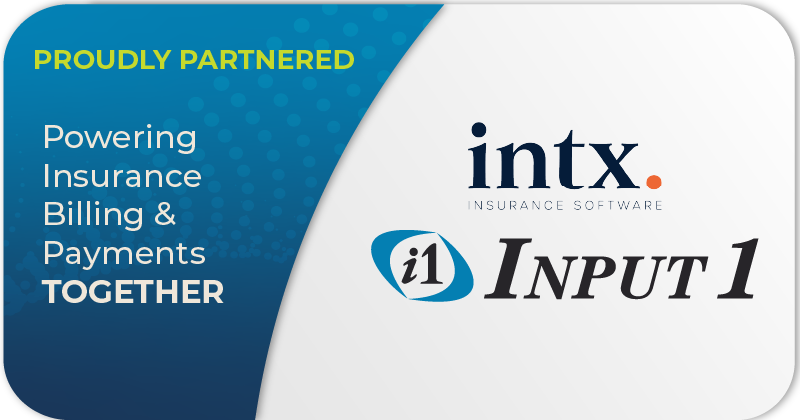Press Releases
Press Releases
Get the latest news from Input 1.
Press Media
Published Media
Stay informed with Input 1 Featured Articles and Media Mentions
For media inquiries, please contact us.
For any media inquiries or to request a copy of our press kit, please contact us.




